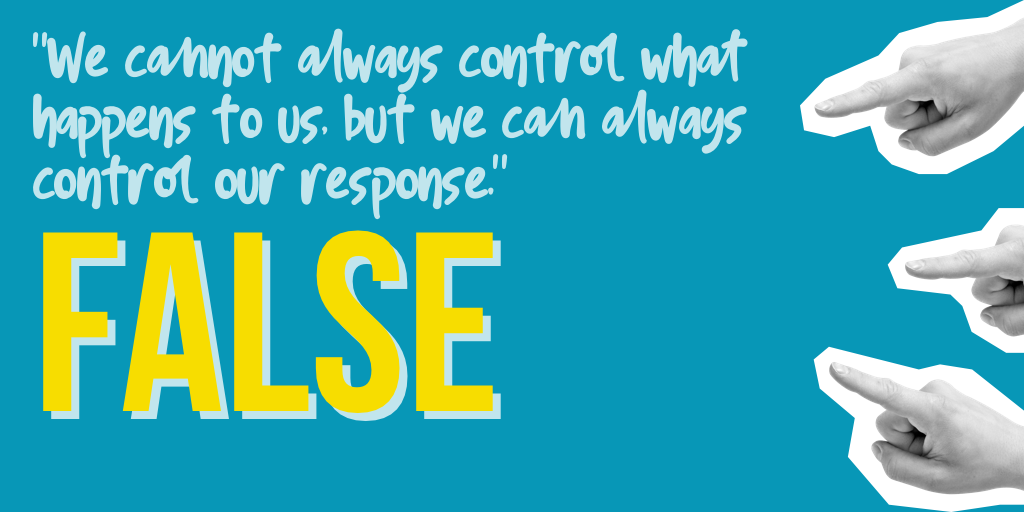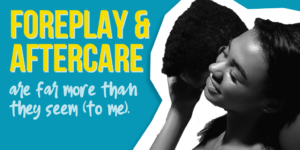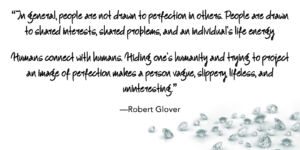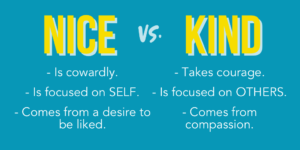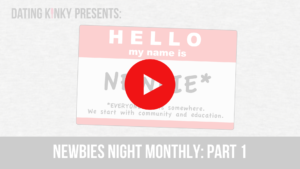That is a big fat lie.
And it’s an easy lie to accept, to internalize, and to use to beat ourselves and others over the head.
Because there is truth inside it, but the statement itself is NOT TRUE.
We cannot always control our response to what happens to us.
In fact, often we cannot control our first response to anything.
What we CAN do—and this is where the important truth resides—is learn to correct our initial responses and retrain our brains to respond in different ways.
Over time.
Sometimes over a LONG time.
And sometimes our initial response will change, too.
And many times it won’t.
Because a lot of that shit is hardwired into us, for safety. And as the example goes, if prey runs from a friend, it’s still safe, but if it does not run from a predator, it’s et. And being et is no good for the prey.
Our bodies and brains pretty much exist for us to survive, so we run. Or fight. Or freeze. Or fawn.
By instinct.
Don’t believe me?
You think your reactions are 100% under your control? Okies.
- Ever been frightened by a friend shouting “Boo!” In the dark?
- Ever yelled at someone when you didn’t mean to?
- Ever been tickled?
- Ever been jealous?
- Ever jumped at a loud noise?
- Ever had air puffed into your eye at the optometrist, and blinked?
- Ever cried when you didn’t want to?
ALL of these things are examples of exactly how much we cannot control our first reactions to stuff that happens. There are a million other examples.
And most of those are OK. In fact, all of them are—as initial reactions. But what if we let them be more than that?
- What if you were forever terrified of the dark?
- What if you couldn’t communicate without yelling?
- What if you were super-sensitive to touch your entire life?
- What if you saw jealousy with every action your partner made?
- What if every loud noise not only startled you, but installed a phobia?
- What if you refused to open your eyes ever again?
- What if you cried at everything, no matter how small?
Yes, some of these are silly examples. And yet, they are not far from some of the things that we humans do. Like carry behaviors that once protected us decades past their expiration date. And cling to them, and allow them to stunt our reactions and cripple our lives.
We have to forgive ourselves when we have an undesired reaction.
(But others don’t have to forgive us, especially if our response is harmful to them.)
And we can choose to change at least what comes after our startle response.
Therapy can help us learn to make those changes.
So can behavior modification. With our partners or on our own.
But we have to WANT to change our reactions. And to believe that our lives will be better if we do. And we have to be willing to fail. And we have to be willing to try again.
And most of all, we have to believe that we can change.
And that last one?
Well, that’s the hardest for most people.
Because they’ve tried before, you see.
And failed. Or didn’t improve quickly enough. Or got exhausted by the work.
It’s OK.
Everyone has a right to choose their own lives, and their own paths, including change or therapy—or not.
But when I (and others) talk about how we have learned to change our responses, or how life can change, if you do learn to control your emotions, understand that it’s because we’ve been there, and we’ve made those changes. And we know it’s possible (at least for us).
And for me, personally, when I meet someone who has a harmful stress response and does not believe it’s possible to change or is unwilling, I know they are not compatible with me.
And that is also my right as a person.
And if they do want to change, and they don’t know how, I’m often willing to help as much as I can. Because I’ve been there (I’m still there—after all, I have new experiences in my life every day that might cause an involuntary reaction), and because I have taken the time to change myself.
What are your thoughts?
How do you feel when someone tells you that you can control how you react to something negative, or that it will improve your life?
Do you feel empowered? Do you agree? Or does it make you feel vulnerable or helpless, because it’s not really ever worked for you in any significant way?


